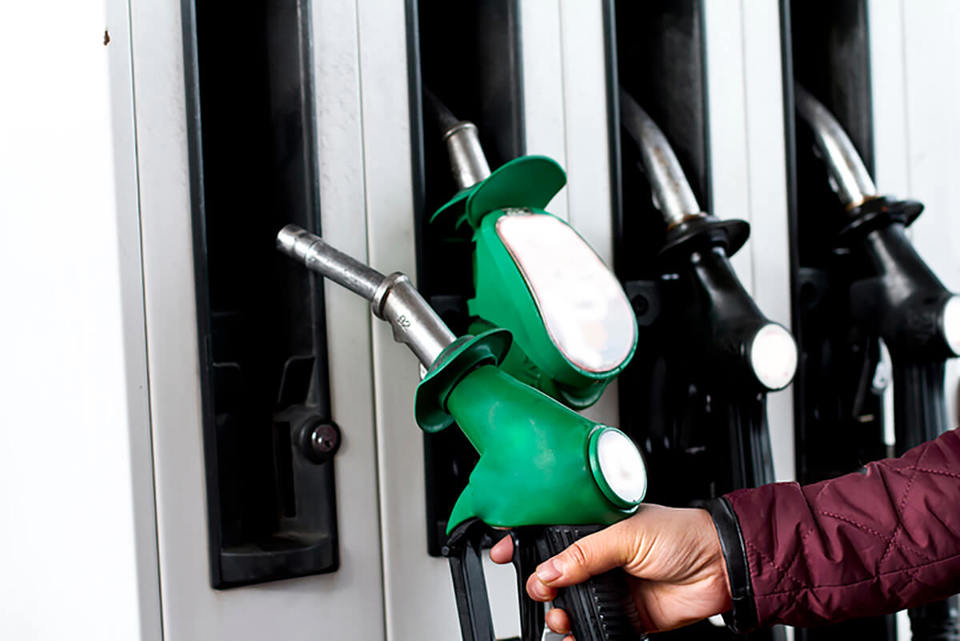ALD Automotive has announced the results of research undertaken to illustrate how businesses can achieve significant savings with their annual fuel bill by encouraging their employees to drive in a more fuel efficient manner, thereby boosting a vehicle’s MPG performance.
This follows the impressive results achieved in the annual ALD Automotive/Shell FuelSave MPG Marathon held last month.
Competitors in the 2012 MPG Marathon clearly demonstrated how the use of smarter driving techniques can considerably reduce the amount of fuel used by cars and vans.
The 30 competitors in the MPG Marathon achieved an average 16% improvement over the published fuel consumption figures for their vehicles, with two teams even managing to achieve over 100 MPG in the event, for the first time ever, in a Ford Fiesta and Kia Rio.
“As fleets come to terms with understanding their budgets for 2013, the need for tighter control on fuel costs has never been greater,” says Rhys Harrhy, ProFleet2 development consultant at ALD Automotive. “And one of the initiatives we’re likely to see more of in the coming year is greater encouragement for company car and van drivers to drive more economically.
“Given that these vehicles were being driven in ‘real world’ conditions – with poor weather, stop-start traffic and general congestion – these results show just how much driving behaviour can influence fuel consumption, or the lack of it.”
Businesses that are able to identify a poor driving style among employees such as harsh acceleration, braking or excessive speeding, can then implement specific targeted coaching with a view to improving performance.
ALD believes one of the most effective ways of monitoring fuel consumption and associated driver behaviour is via telematics such as ProFleet2.


















Barry Luff - 10/12/2012 09:34
This is interesting. Have you also looked at differentiating business miles from private miles? This helps in 2 ways. Firstly it ensures that all business miles are calculated and separated from private miles. Secondly it is an easy way to present individual mileage claims to the HMRC.